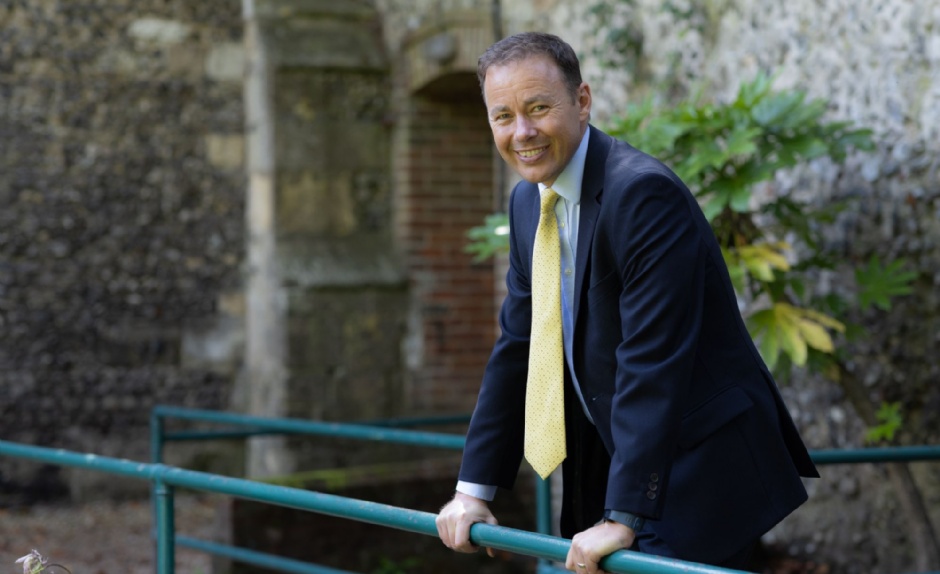Certainty and Doubts

Well – fully and properly – a very warm welcome back (or welcome!) to everyone in our community, with just over a week gone since the start of term.
And there has already been a gamut of super Pilgrims’ moments tucked under our belts: our sports teams and professional singers in particular have had ‘big’ starts… We had a glorious Saturday afternoon, plentifully filled with football at our internal festival, bathed in sunlight and with the pitches looking immaculate. More recently, our teams had a brilliant start to the competitive season, with all of them bar one gaining strong wins on Wednesday. Meanwhile, the Year 6-8 Choristers have received their Chorister medals and our Year 6 Quiristers have been dubbed, receiving their surplices. Shortly, the Year 5 Choristers will be dubbed in their turn also. These are momentous occasions for these boys – meaningful and impactful. Huge congratulations to them after a great deal of effort to reach that point.
Behind the scenes, we have also had the inaugural meeting of the new Pilgrims’ Committee – for us, the central element of the new governance structure. It was a warm and purposeful meeting, where I had the pleasure to report on a strongly positive start to the year.
Inevitably, one of the things you connect with afresh at the start of an academic year is the sense of what it is that we really aim for as the products and by-products of the best education at this age. There was an eye-catching editorial piece in The Week over the summer holidays by Jeremy O’Grady which I felt rather nicely captured what I would argue is a just such an aim; a valuable central point of intellectual (academic) good health. In the article, he pithily touches upon the ubiquity of the words ‘passion’ or ‘passionate’. He quotes celebrities as saying that these areas are crucial in life, and online tutorials on interview techniques all urge candidates to ‘discover your passion’, without really offering anything more specific. The sum effect is that feeling passionate is all that matters: it's a good in itself. ‘Except,’ as O’Grady continues, ‘it quite clearly isn't. On the contrary, there's a case for saying that “passionate intensity” is the curse of our age. The driving force in contemporary populist politics, passion transforms certainty and intransigence into virtues.’
He then reflects on the then-recent words of Vanessa Frake – Reform UK’s prison tsar – indicating a refreshing buck to this trend, reversing her previous support for the death sentence, acknowledging that, “I've softened as I've got older. I'm not sure in a society such as ours that is the right way to go.” Then again, she added, I'm open to discussion.’ Finally, O’Grady concludes, ‘The same bracing lack of passion and certainty shone out in her comments on trans prisoners. Not sure it pleased Farage, but it certainly made me feel passionate about our duty to be dispassionate.’
This neat little conceit at the end of his piece reminds us of an important indicator of the intellectual health of a mind – whether young or adult. As Bertrand Russell put it, perhaps rather sweepingly, "The whole problem with the world is that fools and fanatics are always so certain of themselves, and wiser people so full of doubts." In a world where wisdom is viewed through this lens, there is markedly less space for the use of violence – whether via drone, rocket or high-powered rifle – and it behoves us adults to remember that helping through conversational modelling is one of the best ways to develop this with children.
Tim Butcher
Headmaster
.









